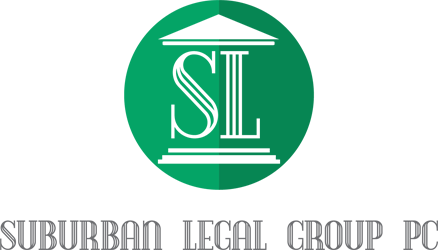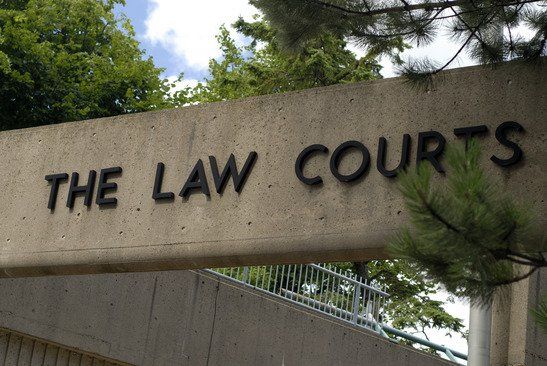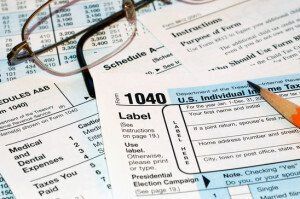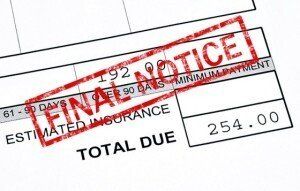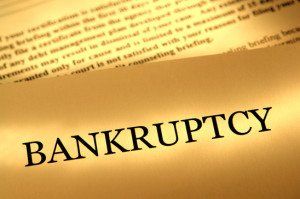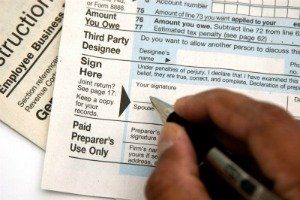Can Debt Collectors Collect During the Coronavirus Pandemic?
Debt collectors often act in ruthless ways that can create immense stress in your life, and some debt collectors even run afoul of the law and break the rules of the Fair Debt Collection Practices Act (FDCPA) in their zeal to obtain money from debtors (whether or not the money is actually owed).
The coronavirus pandemic has fueled additional collection activity in many states around the country because of the record number of people who have lost their jobs, shuttered their businesses, and seen their work opportunities evaporate in the face of social distancing restrictions.
Unfortunately, a report recently published by the Pew Charitable Trust and reported on by the New York Times suggests that debt collection lawsuits have become a tool for the collection industry with thousands of suits filed in states across the nation.

“Americans wrestled with debt-collection lawsuits long before the coronavirus hit, a new report finds. Now, a surge of the suits may swamp consumers who lost their jobs in the pandemic and can’t afford to pay their bills.”
The NYT article explains further that more than 25 percent of Americans who have a credit report actually have active debt collection activity on their report by a third-party debt collector. Lawsuits often follow failed collection attempts by creditors and debt collectors.
Talk to a Creditor Before Debt Collection Begins
The Consumer Financial Protection Bureau (CFPB) of the federal government actually recommends calling your creditors before you fall behind on payments. There are some programs that lenders offer that allow you to skip payments, receive a temporary interest rate reduction, or adjust the amount due for a few months.
The CFPB suggests:
“When contacting your lenders, be prepared to discuss your financial and employment situation, as well as how much you can afford to pay considering your income, expenses, and assets.”
It’s important to remember that your lenders don’t have to let you pay less just because you’re experiencing financial difficulties, but they’re often much more willing to work with you on your financial issues if you call them ahead of time.
You’ve probably heard the saying that “it’s easier to ask for forgiveness than to ask for permission,” but that isn’t the case with creditors or debt collectors. If you have any inkling that you’ll miss a payment on one of your credit cards, it’s essential to get in touch with your creditors as soon as possible to avoid late payments and anything that could trigger collection activity.
Stay Abreast of Legislative Changes and Coronavirus Updates
It’s worth staying in-the-know about the steps the government has taken to help citizens with overcoming financial problems during the pandemic. A blog published by the Federal Trade Commission (FTC) reveals that federally-owned student loans in default were put on pause for several months and that many states have placed restrictions on foreclosures and evictions.
“If the collection calls get to be too much, you can stop them. Just send the collector a letter telling them to stop contacting you. Keep a copy for your records. Stopping the calls won’t cancel the debt. You still might be sued or have debt reported to a credit bureau. But, stopping the calls may give you time to regroup, then start working your way toward financial recovery.”
Even though watching the news and all the information about the pandemic may feel exhausting at times, it may be extremely beneficial to your financial future to remain aware of what’s going on with future financial assistance and payment moratoriums created by the government in the coming months.
Are You Dealing With Ruthless Debt Collectors?
Would you like assistance from an experienced legal bankruptcy professional? Contact Suburban Legal Group for assistance with all matters relating to bankruptcy. A consultation is the first step in figuring out whether bankruptcy is right for you and your family.
DISCLAIMER: All information on this website is provided for informational purposes only and is not intended to be construed as legal advice. Suburban Legal Group PC shall not be liable for any errors or inaccuracies contained herein, or any actions taken in reliance thereon.
